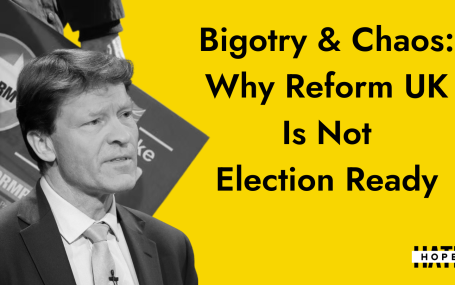HOPE not hate uses cookies to collect information and give you a more personalised experience on our site. You can find more information in our privacy policy. To agree to this, please click accept.
Our experiences on the ground have shown the extent of the difficulties in protecting vulnerable groups and communities with whom institutions haven’t built strong historical links.
HOPE not hate Charitable Trust’s research shows how fundamental engagement and relationship building will be to safeguard ethnic minority communities who appear to be the hardest hit and most at risk in this pandemic.
Whilst a national standardised approach will be fine for many people, the government must prioritise the development, planning and implementation of measures specifically aimed at ethnic minority communities who otherwise will slip through the gaps. For example, people in deprived areas are often worried about returning calls from contact tracers because they can’t afford to self-isolate and don’t want to miss work nor cause others to, or they are wary about calling back on an 0300 number, sometimes thinking it is a hoax.
In Calderdale we are adopting a personal, street level approach – sending messages from local numbers and following up by knocking on doors with a range of multilingual contact tracers who can speak the languages in our community such as Urdu, Punjabi, Czech and Slovak to reach the people the national system has been unable to, working as a local arm of the national programme.
This research shows that BAME people are more vulnerable to the economic effects of this pandemic as well as being more vulnerable to the disease itself – we need central government, local government and our health institutions across the country to take collective responsibility and tailor approaches to protect minority communities and protect them from a potential second wave.”
BEN LEAMAN, Consultant in Public Health (FFPH), Calderdale Council

HOPE not hate reveals ANOTHER shameful Reform UK candidate – and lifts the lid on the party’s chaotic selection process UPDATE: Reform UK has DROPPED…